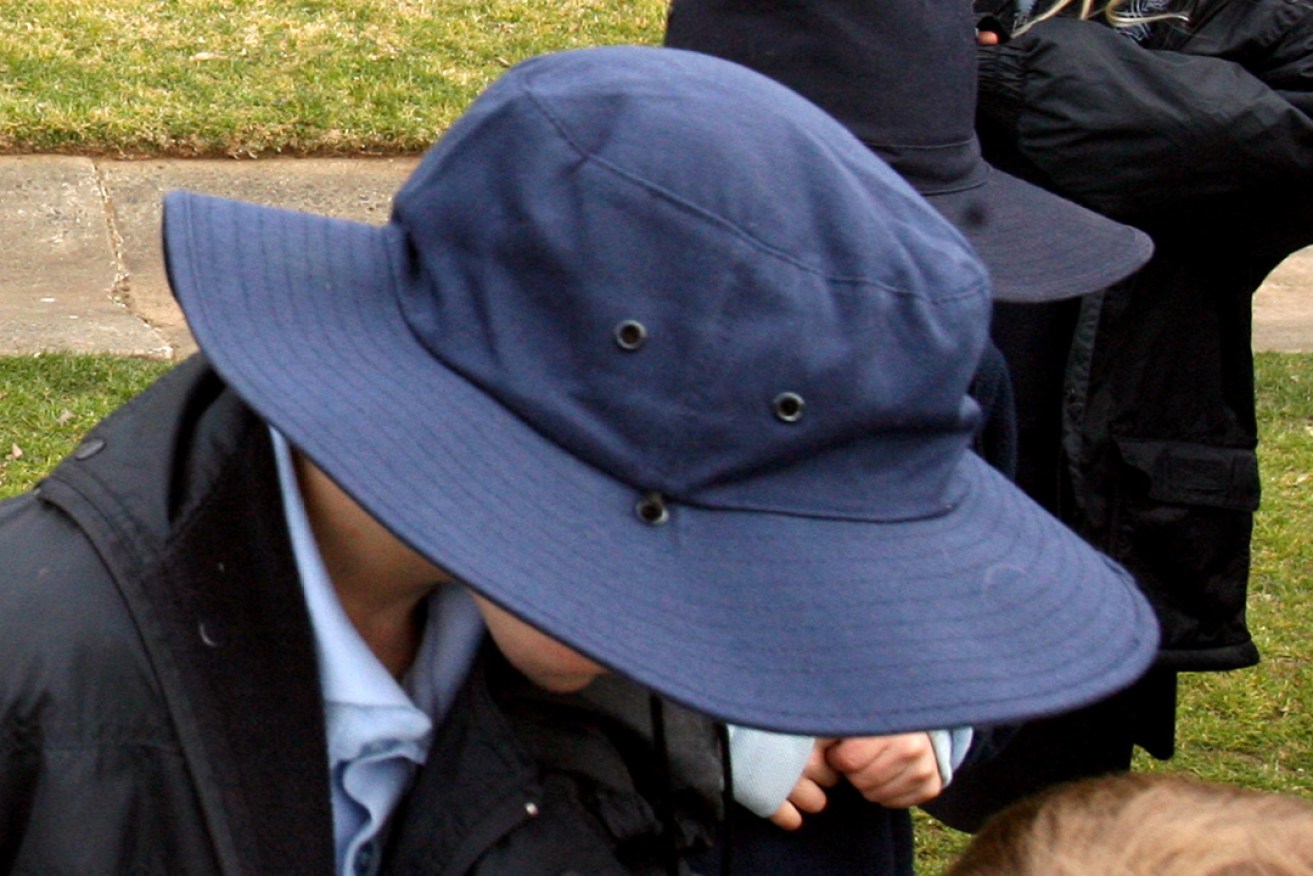Safe Schools program could be gone within a year
South Australia’s Safe Schools Anti-bullying Initiative could be scrapped as early as this year, with the Marshall Government seeking advice to prematurely end a contract with the program’s facilitator.

Photo: AAP
Education Minister John Gardner told InDaily he was hopeful the Safe Schools program – currently delivered by SHINE SA – would be replaced by the second half of this year.
The Education Department is currently bound to a three-year contract with SHINE SA to deliver the former government’s Safe Schools Anti-bullying Initiative in secondary schools.
But Gardner said the voluntary program didn’t carry the confidence of the entire community. He wants to replace it with the Government’s own “broad evidence-based” anti-bullying program, which is still in the process of being negotiated.
“The original agreement with SHINE SA was three years from 2017 to 2020,” Gardner said.
“I have asked the department to seek terms of advice to see what we can do to replace the program sooner than that.
“The department is working hard to ensure that the program that we develop will be working soon.”
The move follows a Liberal Party election promise to replace the Safe Schools Anti-bullying Initiative with a new anti-bullying program focussed on online bullying prevention, to be rolled out in both primary and secondary schools.
Gardner said SHINE SA wouldn’t be contracted to deliver the new program.
“This is a responsibility of the Government to develop the new program,” he said.
“The new program could be delivered by the Education Department… the Government could decide to engage with other organisations.
“SHINE SA were contracted by the previous government to develop their Safe Schools initiative… we are not going to be continuing with that program.”
The new program would still address issues faced by LGBTIQ people, but would have what Gardner describes as a “broader reach” than the current program.
“The sad thing is there are people that are in the LGBTI community who are bullied, there are people that are bullied because of race, because of look, because of health issues,” he said.
“All of these forms are completely unacceptable, [and] the fact is that all of our children deserve to go to school in a safe environment.”
Gardner said the Government would look at anti-bullying models developed by other states to help it refine the new South Australian model.
“We’ve had a number of discussions with people working in this area because it’s important that we have a strong research-based model.
“There have been other governments that have been working on developing strong anti-bullying programs that we can look to, particularly the New South Wales Government.
“We don’t need to reinvent the wheel necessarily.”
The original national version of the Safe Schools program, launched in 2014 under the Abbott government, drew controversy over its alleged promotion of “radical gender theory”.
The voluntary program offered professional support to teachers and school leaders, as well as a resource, All of Us, for use by teachers in Year 7 and Year 8 classrooms. After an independent review, the Federal Government eventually defunded the program in 2016.
Former state education minister Susan Close announced in May last year that a new state-based “Safe Schools Anti-bullying Initiative” had been developed in conjunction with SHINE SA.
The South Australian program focuses on preventing homophonic, biphobic or transphobic bullying, and offers support materials, training and advice for school staff.
Greens MLC Tammy Franks criticised the program at the time of its announcement as being a “watered down” version of the national program that pandered to homophobes in the community.
According to the Department for Education and Child Development (DECD), 72 schools have signed up to the program and a number of non-member schools contact SHINE SA seeking support or training concerning specific students.
“Due to the complexities that arise out of such specialised subject matter, the department and SHINE SA receive a number of enquiries seeking advice and assistance concerning both policy and operational matters of gender diversity in schools,” a statement from DECD reads.
“The department is currently reviewing anti-bullying policies in line with the Government’s commitment and will incorporate measures to ensure schools are safe environments for students who identify as LGBTQI.”
Close, who is now shadow education minister, said in a statement to InDaily that she rejected the Liberal Party’s move to prematurely end the contract with SHINE SA.
“LGBTI students experience shocking levels of bullying and self-harm, yet the Liberals clearly don’t accept [that] these young people and their schools communities need specialist advice and support,” she said.
“SHINE SA has successfully delivered Safe Schools to secondary school communities that seek its assistance since 2014 and as the expert in the field [it] should not have their contract terminated.”
InDaily contacted SHINE SA, but it declined to comment.
More than 2200 people have signed a petition on change.org calling on Premier Steven Marshall to reverse the Liberal Party’s decision to scrap Safe Schools.
“The Safe Schools program has promoted a safer school environment for all, and many students say that the support they received due to the program was crucial to their academic success as well as mental health,” the petition reads.
“Steven Marshall’s decision to scrap this vital program will only cause harm to vulnerable young people and take away a support service that LGBTI young people rely on.”
According to mental health organisation Beyond Blue, young LGBTIQ Australians are more likely to experience bullying at school and have greater difficulty connecting with others.
It quotes an Australian study that showed 61 per cent of young non-heterosexual people reported experiencing verbal abuse and 18 per cent reported physical abuse.




